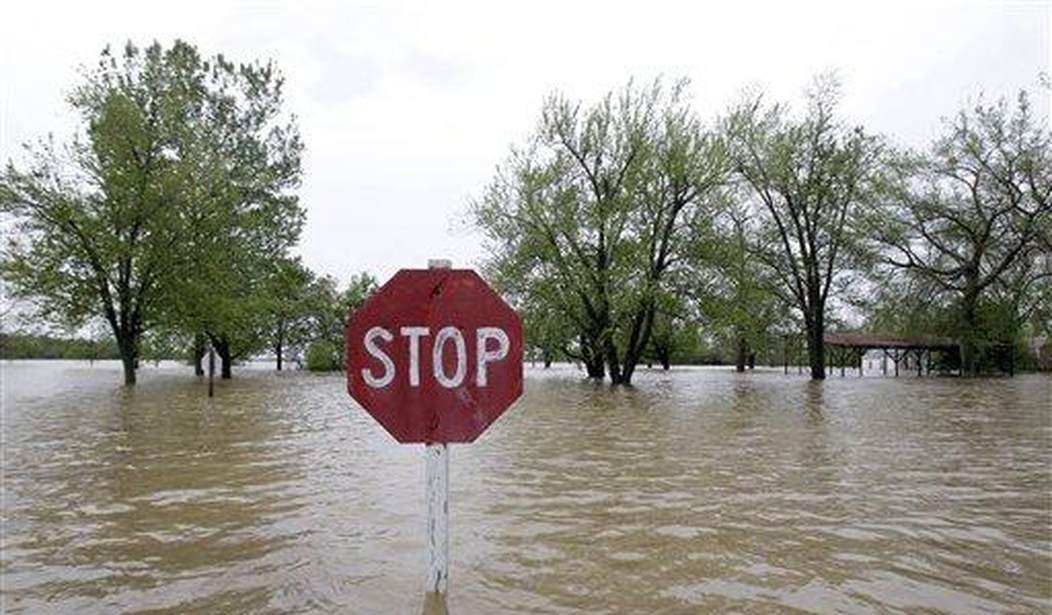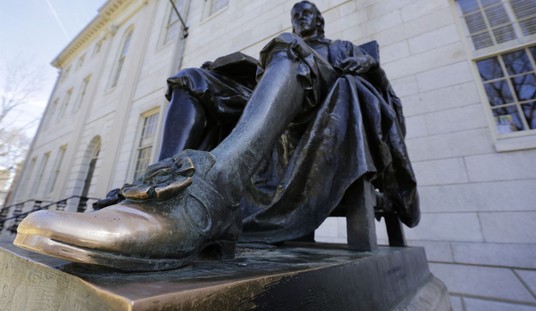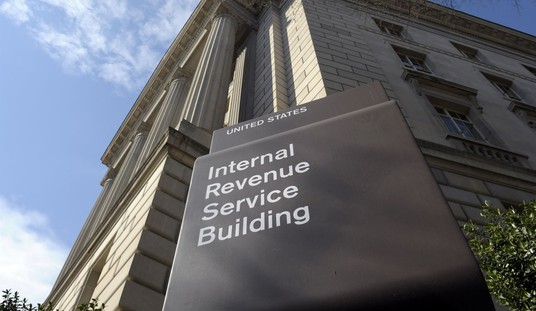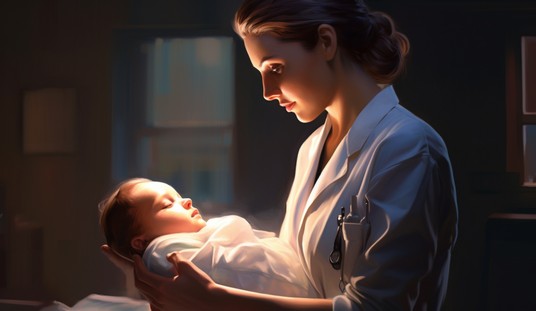I’ve been re-watching Jordan Peterson’s stellar biblical lecture series on YouTube. If you’ve never seen it, I can’t recommend it enough. It is an incredible 17-part exploration of the significance of biblical stories in human development. Despite not counting himself as a “believer” at that point in his career, Peterson’s analysis and illumination of the most important text in human history is a must-watch for any person of faith, and certainly for everyone who counts themselves a curious person. It is hard to come away from the series without a newfound respect for the Word of God and the symbols contained therein.
I’ve been taking notes along the way. Nothing too thorough, I just jot down interesting phrases that strike a chord from time to time. In an early lecture (the number escapes me at the moment), Peterson uttered something that made me stop what I was doing and immediately write it down. “Struck a chord” is the correct metaphor to use. It definitely reverberated in my brain…or maybe my “spirit” is a more accurate description.
You’ll never get away with it.
For context, the Daily Wire host, who at the time was lecturing in Toronto, Canada, was explaining the lies we tell ourselves about our pasts, our limitations, and how they affect our futures. We might think we’re taking all the right steps to “be different” than the people who hurt us, to be a better parent or spouse or friend…whatever relationships our anxieties circle around. We have a suspicion that if we just check different boxes, we’ll be better people.
Peterson scoffs at the notion. He tells us we’d better figure out a way to deal with our trauma and limitations and learn from them, because their consequences wait around the corner for all of us. It isn’t a matter of if we face them, but when.
Because no matter what you tell yourself, the truth is, you’ll never get away with it.
I am a walking statistic waiting to explode onto someone’s chart somewhere. I’m the black child of divorced parents, who grew up without a father while dealing with an emotionally abusive stepfather in my own home. My mother did not graduate college and we were on and off of welfare my entire life. I’ve been a culture reporter long enough to know what the statistics say about someone like me. I have beat every one so far. I’ve been married to the father of my children for 25 years, I’m a college graduate, a business owner and middle class.
Yahoo! Look at me! I made drastically different choices so I could be a better person than those who hurt me growing up. I got away with it!
Except I didn’t. As the good doctor says…no one does.
My life now is vastly different than the one I grew up in. I’m grateful for that, and attribute that entirely to my faith in God, whom I came to believe in as a teenager, despite growing up agnostic. I see that my life is blessed, and I do feel a sense of relief that the hard years of childhood are long behind me. But I was a fool to believe I would never face the music anyway.
Depression snuck up on me as a young mother. I didn’t know what to call it at the time, but a trusted friend led me to a respectful, outstanding therapist who diagnosed my sudden slip into what I was calling “the duldrums” as chronic depression. I began to dig through the things I assumed I’d put to bed, now manifesting themselves as breadcrumbs under the sheets. I remember telling her, “I don’t understand what is wrong with me. I have everything I ever wanted as a wife and mother, and yet I feel miserable and I don’t know why.”
She helped me see what Dr. Peterson so deftly pointed out in his lecture. I spent my adult life congratulating myself for escaping the past, but all I’d done is put it away for a little while in the name of survival. I really didn’t get away with anything.
I wanted to be a better parent, and yet I find myself manifesting the same types of behaviors and responses that my own parents did, although perhaps to a smaller degree. Or maybe that’s just me comforting myself.
I wanted to make sure I married a partner who took marriage seriously, someone who would relish fatherhood and be there for me because, after all, my own father could not make that commitment in his young life. I did find a great partner who is an incredible father and committed husband, but there are still traits in him that, if I’m being honest, are somewhat reflective of the emotional distance I experienced from my parents. In the end, I found an amazing man whom I thank God for every day, but I still ended up gravitating towards an emotional deficit, because it felt familiar.
I said I would never be as oversensitive as my own parents, and yet I find myself bristling at criticism from my family in ways that often don’t make sense. I misread their motivations. My eyes can’t always see what their hearts are trying to convey.
I tried to be Susie-homemaker. I believed with enough effort I could be a modern June Cleaver. I just needed to try harder. And harder. And way, way harder. But my mother, a chef who carried the burden of our household on her own shoulders for many years, didn’t have time to teach me to cook. I became the “fast-food” mom I swore I’d never, ever be.
I didn’t get away with a single damn thing. In the end, regardless of my most valiant efforts, and my turn towards God, I still have to contend with the reality of what my past means for who I am in the present, and who I might be in the future. It is not a hopeless endeavor. Peterson explains that just the effort to understand it is a way to defeat the more dire consequences of the past. When we recognize that we can’t ever really run away from the things we swear we’ll never be, we can find tools to help us learn, and indeed, be better. It’s a hopeful exercise, not an embarrassing one.
I’ve been able to do that, slowly. And I’m living the beautiful results. An imperfect but sincere woman, married to an imperfect but sincere man, living in an imperfect but truly blessed nation, raising imperfect yet perfectly perfect children. I didn’t get away with it, but I sure as hell made it all work for me in the end.
Don’t be like me. Don’t wait for things to get hard before you accept this simple but vital truth that I stumbled upon in the middle of a bible lecture. Don’t fool yourself into believing you’re better than the people who caused you heartache in the past.
You’ll never get away with it.













